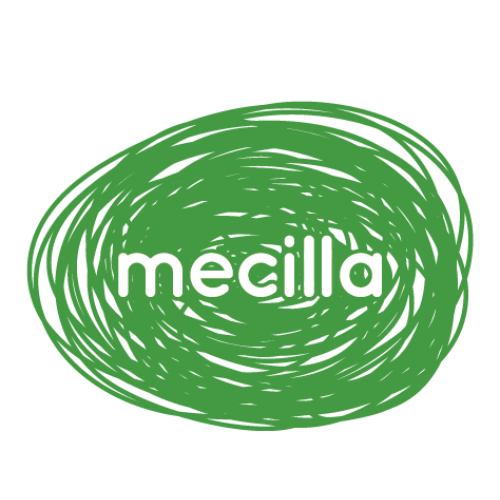Agriculture
 Mecilla's organic cotton is traceable to Gansu Province, China
Mecilla's organic cotton is traceable to Gansu Province, China
China Puhan Farmers Association 蒲韩农民协会
PFA is a farmers’ association located in Shanxi Province, with a membership of around 3,800 farmers covering 35 villages, one of the largest in China.
PFA is central to the realization of a model sustainable rural community in China, by not only organizing farmers and extension workers for capacity building and production in Yongji for environmental and economic sustainability, PFA is also active in organizing community projects such as rural toilet building, cultural activities for ladies (e.g. singing and dancing), men (chess playing), kids (summer camps), old people (light excursion). Their participation in forming outreach groups to other farmers association will be important as they can bring to the table their unique expertise and experience in organizing farmers in China.
As China has decided to pursue a green direction in rural development, the need for holistic development concept and related services is increasingly felt by farmers cooperatives and governors at all levels. Mecilla is working with producer alliances and networks of governors in developing holistic sustainable farming.
In 2010, Mecilla started collaboration with Shanxi Yongji Farmers Association to explore the possibility of promoting the cultivation of sustainable agriculture.
- Involved Farmers: 50 families in year 2022
- Percentage of rural women: 43%
- Total cultivated area involved in the Mecilla's project in 2022: 200 mu
- Saving of water use
- Reduction of chemical agricultural inputs
- Caron neutrality
- Increased income of participating families
- Increased income per mu for participating families
- Regular training on inputs, seedlings, pruning and Global GAP standards

 Mecilla's organic cotton is traceable to Gansu Province, China
Mecilla's organic cotton is traceable to Gansu Province, China